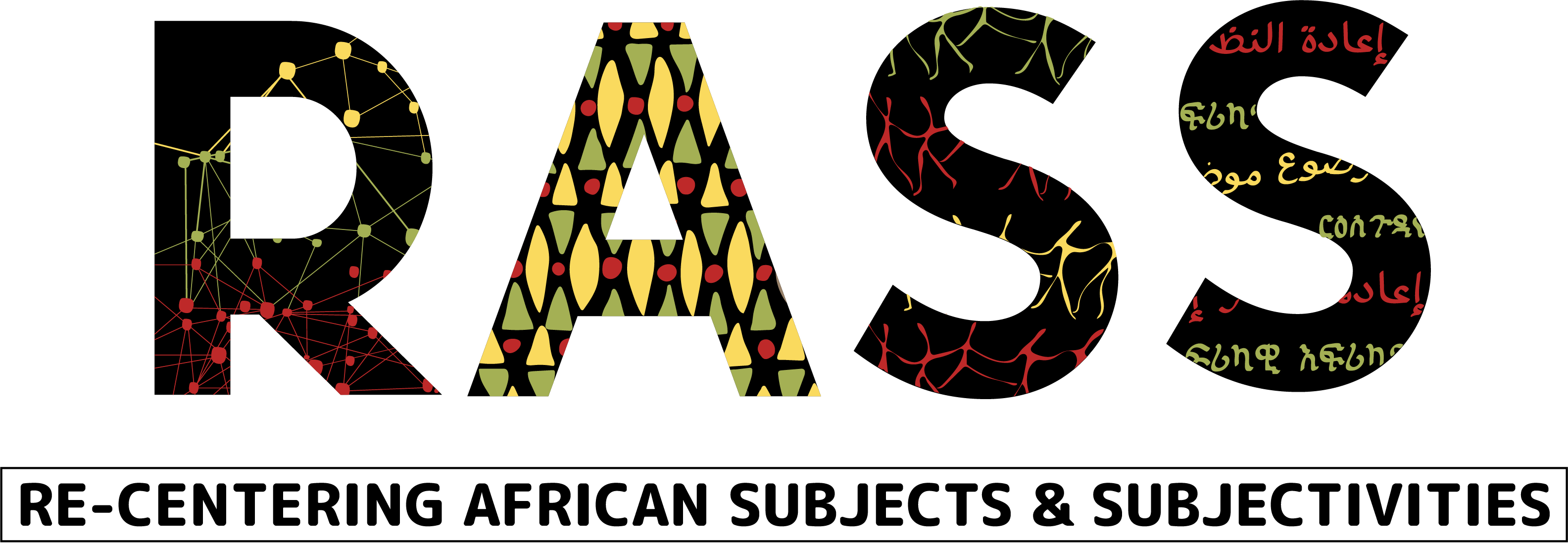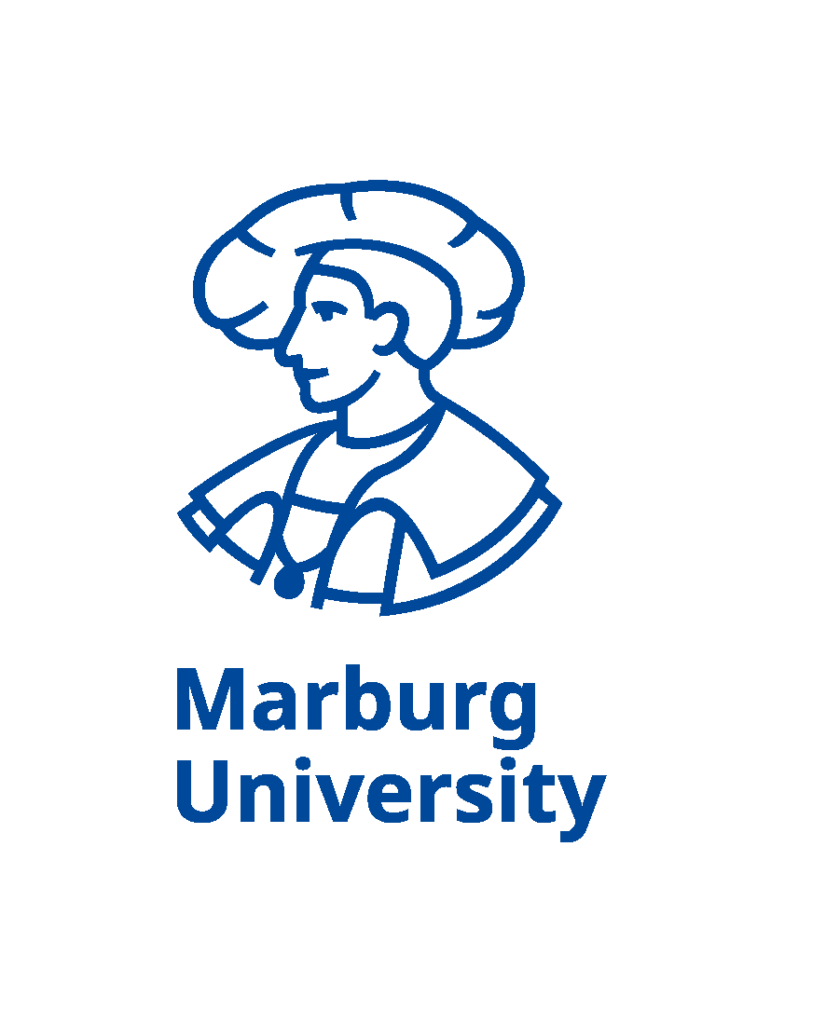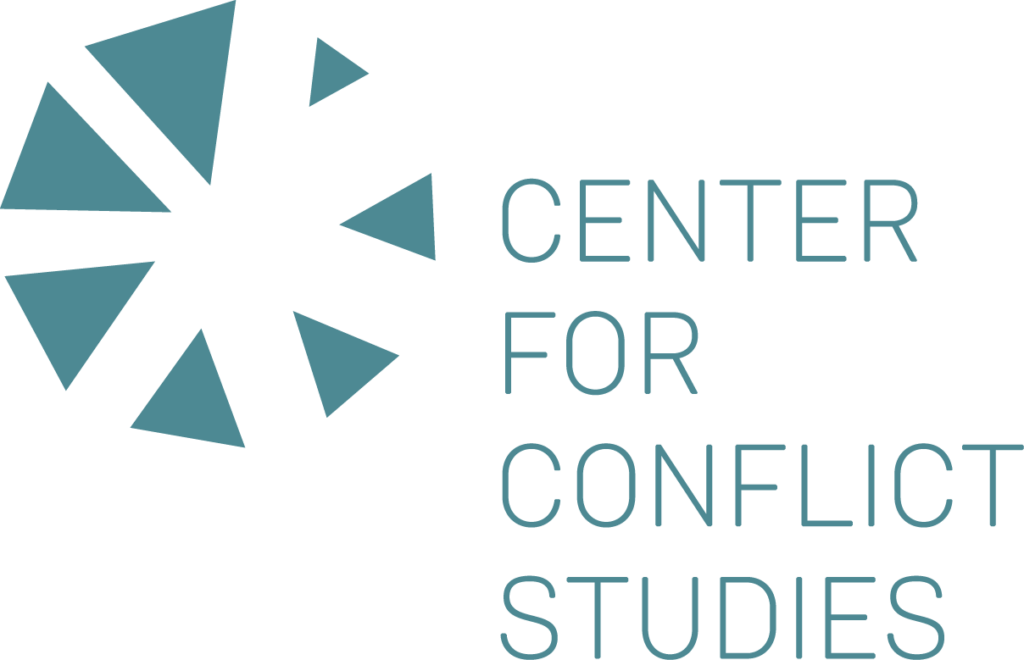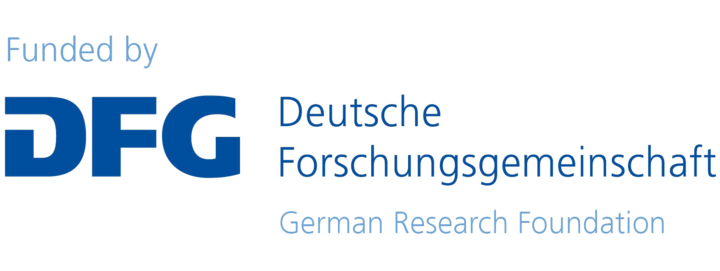
Colloquia
The colloquia are a forum to present and discuss on-going research. It is an accompanying and integrating space to reflect on the research process for the network members. The colloquium serves to put forward nascent methodological and conceptual ideas for discussion and to collectively reflect on emerging challenges in research practice. This space is used for (further) developing collaborative projects among the network members.
Colloquium V – 16/10/2025
This colloquium brought together two papers that examine how global governance institutions reproduce hierarchies and precarity beneath claims of reform, neutrality, and international responsibility. Drawing on historical and contemporary perspectives, the presentations by Maria Ketzmerick-Calandrino from Leibniz Zentrum Moderner Orient (Germany) and Lynda Chinenye Iroulo from Georgetown University (Qatar) explored how imperial legacies, racialized status, and funding structures shape both institutional practices and the lived experiences of those operating within international organizations.
Maria Ketzmerick-Calandrino examined the UN Trusteeship System as a site where empire was not dismantled but reconfigured through multilateral governance. Focusing on the persistence of racialized hierarchies, the paper showed how participatory mechanisms were increasingly constrained and anticolonial actors marginalized, revealing how colonial difference was reproduced under the guise of international oversight.
Lynda Chinenye Iroulo presented interview-based research on funding volatility in international organizations, highlighting how financial instability produces professional precarity among UN bureaucrats. Focusing on periods of funding cuts and program closures, the paper traced how institutional crises reshape bureaucratic practices, career trajectories, and personal lives, foregrounding the often-invisible human costs of global governance.
The discussion that followed connected historical and contemporary forms of hierarchy, emphasizing how international institutions continue to manage inequality through both formal procedures and informal practices. The network reflected on the value of centering race, status, and lived experience in the study of global governance, and on how seemingly technical or administrative processes can entrench broader structures of power. Together, the presentations underscored the importance of critically examining international organizations not only as sites of cooperation, but as arenas where global hierarchies are continuously reproduced and contested.
Colloquium IV – 20/05/2025
Shortly before our upcoming in-person workshop at Philipps University Marburg, Germany, we held the second colloquium of this year, providing another valuable opportunity for exchange within our research network. The session featured two thought-provoking presentations by our network members Emmanuel Balogun from Skidmore College (New York) and Antonia Witt from the Peace Research Institute Frankfurt (PRIF).
Emmanuel Balogun presented his ongoing research on “Negotiating Agency: Contestation and Fragmentation in UNSC Resolution 2719.” His work examines the negotiation process surrounding this recent UN Security Council resolution, highlighting the complex interplay of interests among diverse stakeholders. By centering his analysis on the agendas of the negotiators, Balogun demonstrates how these dynamics contributed to the uneven development of the final resolution. His approach emphasizes negotiation management and explores the African Union’s capacity in multilateral negotiations, offering fresh insights into how institutional and strategic asymmetries shape African agency in global governance processes.
In the second presentation, titled “Collaborative Research in Practice: Epistemic Openings and the Unwitting Reproduction of Postcolonial Hierarchies”, Antonia Witt shared insights from a four-year collaborative research project that included scholars from German, Burkinabè and Gambian research institutions. The presentation positioned collaborative research as a potential answer to existing postcolonial hierarchies and exclusions in academic knowledge production, emphasizing that knowledge-making is an interactive and relational process involving researchers and non-researchers from diverse backgrounds and asked: How can collaborative research contribute to addressing/overcoming structural inequalities that continue to shape academic knowledge production? Antonia’s central argument was that the value of collaborative research lies not primarily in ethical claims or notions of academic rigor, but in its epistemic effects, specifically, its capacity to foster mutual learning and unlearning and to reshape how and what kinds of knowledge are produced. In this sense, collaborative research is a contribution to decolonization, understood as an ongoing, situated practice that requires imagining and enacting new forms of relating within a deeply structured and unequal academic world.
As always, the colloquium provided a stimulating space for in-depth knowledge exchange, fostering critical reflection and lively discussion across the network. We extend our sincere thanks to both presenters for their engaging contributions and for advancing our collective understanding of agency, negotiation, and the practice of decolonization in global politics.
Colloquium III – 06/02/2025
After a successful first year as a network, we kicked off 2025 with our third RASS colloquium. Following days of research and well-deserved holidays, this gathering provided an important opportunity to exchange insights and reflect on our academic journeys. The colloquium featured two presentations by our network members Oheneba Boateng and Thomas Tieku, both scholars in political science and international relations.
Boateng, Assistant Professor of Political Science at Clark University (USA), examined the African Union’s (AU) proposal to file a joint reparations claim for colonialism, the transatlantic slave trade, and slavery. While acknowledging the significance of this initiative, he highlighted its key challenge: the lack of institutional structures connecting African regionalism with the diaspora. Boateng applied the Ubuntu philosophy as a possible framework, emphasizing the principle of shared humanity and collective action. However, he pointed out that the AU’s weak institutional ties with the diaspora contradict its commitment to Ubuntu and Pan-African solidarity. Without strong, long-term structures, the reparations movement risks remaining symbolic rather than effective. His presentation underscored the urgent need for durable frameworks to ensure the success of this historic claim.
Tieku, Professor of Politics and International Relations at King’s University College, University of Western Ontario (Canada), introduced the concept of multi-bilateralism—a hybrid diplomatic approach that blends elements of both bilateral and multilateral engagements. He argued that African states are increasingly adopting this model in their interactions with global powers. Multi-bilateralism offers African states both opportunities and challenges in the evolving global order. While it provides flexibility and alternative partnerships, it also raises concerns about power imbalances and exclusionary practices. Tieku’s analysis shed light on how this approach is reshaping Africa’s diplomatic landscape, influencing its external engagements, and redefining global governance structures.
The third RASS colloquium provided valuable insights into evolving political strategies, from institutional challenges in the reparations movement to new diplomatic approaches in international relations. The discussions underscored the importance of structural reforms and adaptive diplomacy in addressing historical injustices and navigating contemporary global politics. With such thought-provoking contributions, this colloquium set a strong precedent for the academic exchanges we look forward to in 2025.
Colloquium II – 18/09/2024
The second and final colloquium of 2024 featured a talk by Jens Herpolsheimer, who currently conducts research on everyday practices of inter-regionalism and inter-organizational relations (IOR), from a Global Studies perspective. Due to the ongoing preparations for the RASS Workshop 2024 in Accra, the colloquium series was limited to a single presentation.
In his presentation, Herpolsheimer introduced his new junior research group, funded in the Emmy-Noether program of the Deutsche Forschungsgemeinschaft (DFG). The project examines how African Regional Economic Communities (RECs) engage in global politics on highly securitized policy fields, such as climate change, energy, health, and migration. It aims to understand how actors at these regional organizations make sense of these global challenges, how they have operationalized them, and how they contribute to regional and global efforts to implement responses to them. Following the presentation, an engaging discussion took place, during which participants identified new questions and research gaps. Critical feedback and suggestions were shared to support the further development of the project.
As an interactive network, we continue to value the exchange of ideas across diverse research fields. This session once again demonstrated how interdisciplinary perspectives foster new insights and contribute to academic progress.
Colloquium I – 18/07/2024
The inaugural RASS Colloquium recently convened, featuring presentations from Densua Mumford and Jacob Lisakafu, who offered compelling insights into their ongoing research. Following the presentations, an engaging discussion ensued among the network members, which facilitated the critical reflection and further development of the research projects, drawing on the collective expertise of the group.
Densua Mumford introduced a research proposal, which is envisioned as a collaborative effort with RASS member Juliana Appiah. The proposed study aims to analyse African diplomacy. Mumford articulated her intent to foreground the knowledge of African diplomats, thereby cultivating a deeper understanding of African diplomatic practices and their underlying ideational influences. This is particularly crucial given the limited understanding of the extent to which transnational African concepts, such as Pan-Africanism and decolonisation, continue to inform contemporary African diplomatic practices.
Jacob Lisakafu’s research, titled “Assessing Coordination and Harmonization of Policies and Strategies between the AU and the SADC in Managing Peace and Security in Africa,” focusses on evaluating recent developments, constraints, and opportunities in the coordination and harmonisation of peace and security policies on the African continent, particularly between the African Union (AU) and the Southern African Development Community (SADC). Despite numerous positive developments, significant challenges remain, as evidenced by ongoing conflicts in regions such as the Democratic Republic of Congo and Sudan. Lisakafu’s current study, which builds on his PhD thesis, will revisit and re-examine the progress made, as well as the challenges and opportunities in the operationalisation of the African Peace and Security Architecture (APSA) frameworks both at the continental and regional levels. The need for revision is underscored by the new emerging challenges of peace and security in Africa, and limitations identified in his previous research, such as limited financial resources, the absence of enforcement and compliance mechanisms, and disconnections with other AU and SADC structures. Additionally, the new qualitative and exploratory research holds the potential to inform policy development and programmatic interventions aimed at addressing these critical issues.
A big thank you to Densua Mumford and Jacob Lisakafu for their insightful input. The next colloquium for the first of the three project years of RASS will take place in mid-September, and we are already excited about the further interesting research work of our RASS members.




